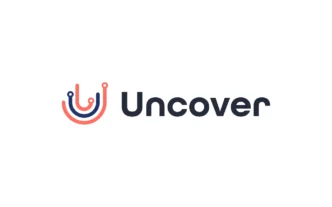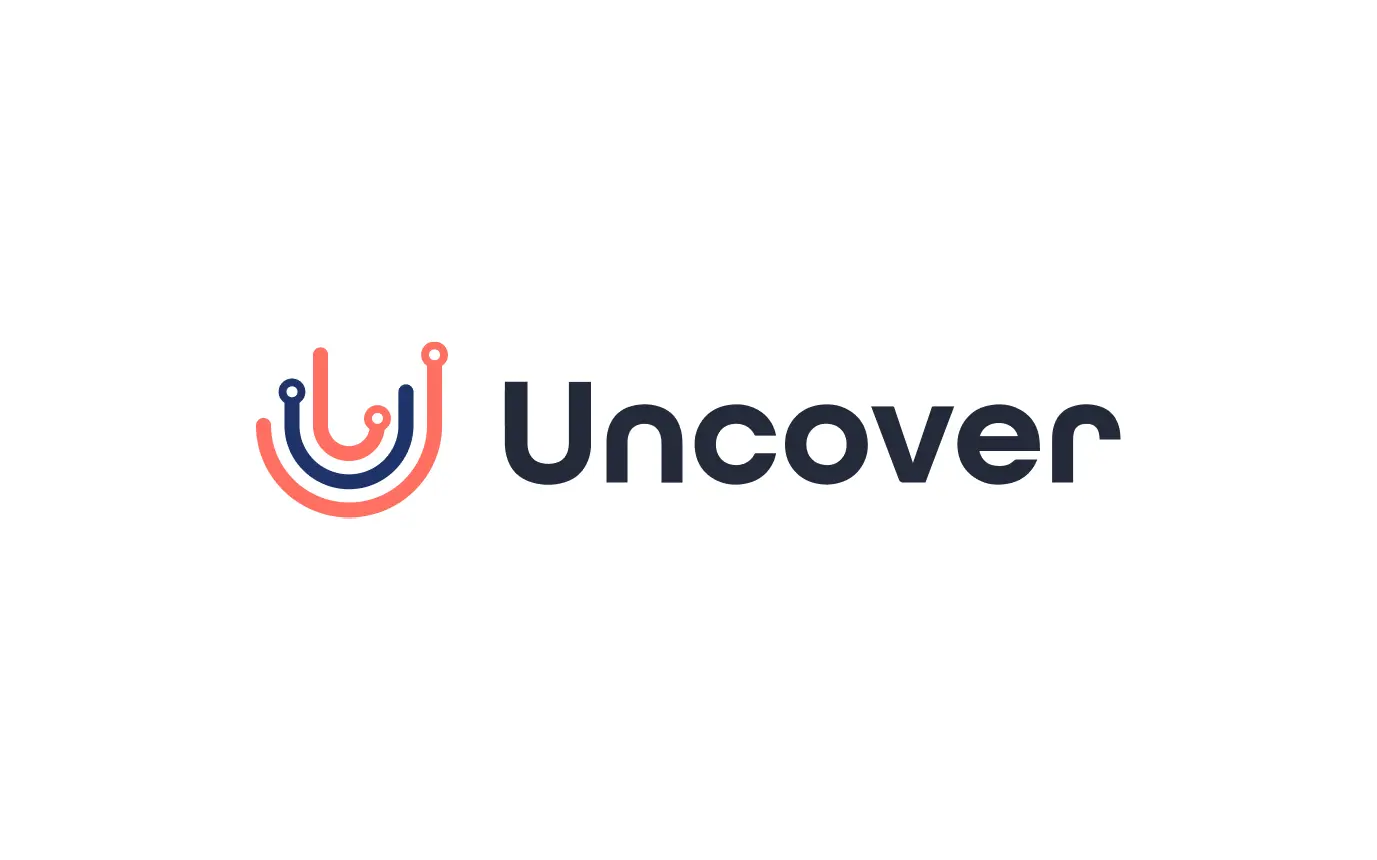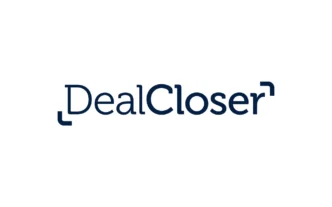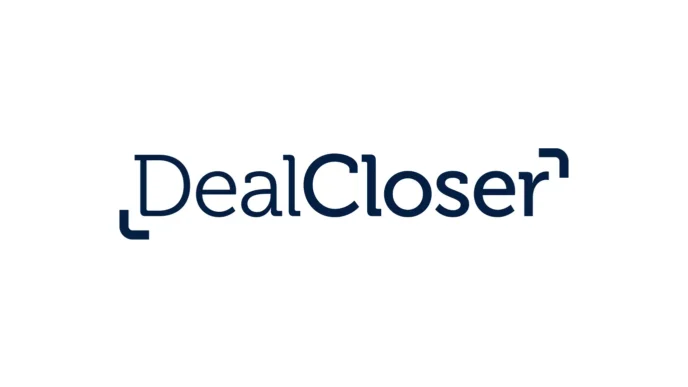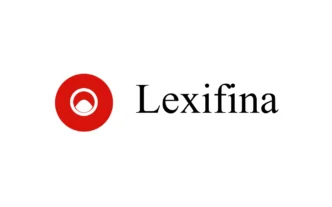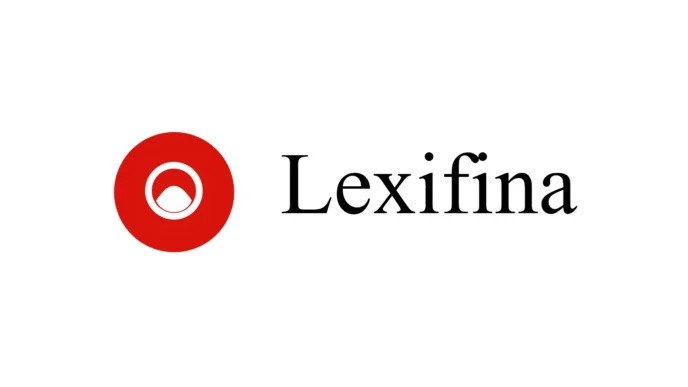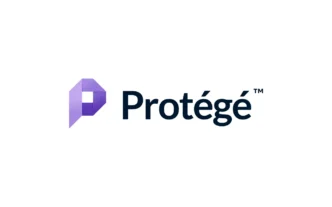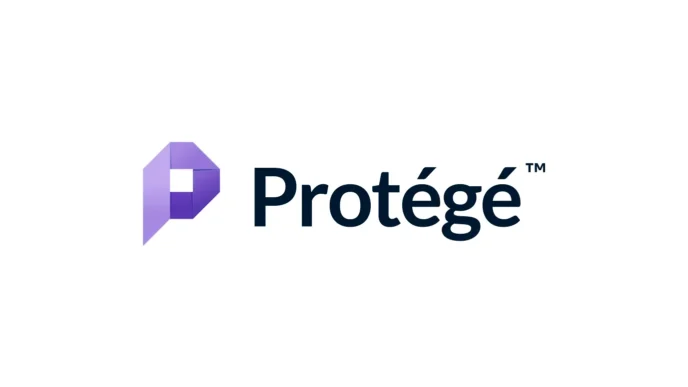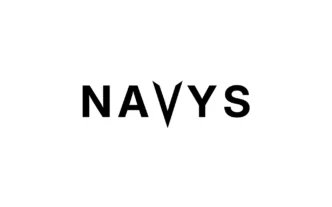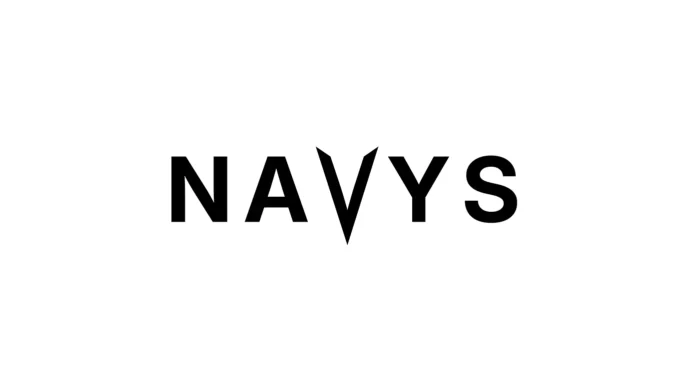AI in law is not new, but it’s rarely this personal. Uncover Legal, founded by Dutch lawyers Caroline and Ingrid, isn’t just another productivity tool layered onto the legal workflow. It’s a rethinking of how lawyers work with information, how they allocate their time, and what they can accomplish when the right kind of automation is placed at the heart of their practice.
Uncover is a female-led, AI-driven legal platform built from the ground up to help lawyers move faster, with more accuracy, and less friction. By combining proprietary tools with large language models from OpenAI and Anthropic, the platform is designed to remove the repetitive, administrative drag that slows legal teams down, and prevents lawyers from doing more meaningful things, without compromising the insight or care that clients expect from human counsel.
TLW: Uncover was created by lawyers, not engineers, and by two women in a space still dominated by male founders. What sparked the idea, and how did your own legal experience shape what the platform would become, and what are the benefits you’ve seen from this unique founder feature?
Uncover: At the time, we were both heavily involved in making our careers as lawyers, working long hours and dealing with the pressure to deliver excellent quality advice, quickly. We are long time friends and were discussing how parts of the job just take up many hours – billable hours – spent on tasks that are simply not intellectually challenging and would benefit clients as well as the lawyers themselves to be outsourced to tech. We started questioning all we lawyers know: in an ideal world, assuming the tech could do anything you want, what would you want to outsource? We taught a tool to visualize features, and took our idea to a VC. Since then, we combined our experience and deep understanding of the daily legal practice, input from other lawyers and the input from our engineers and crafted a platform that aligns with the way of working of lawyers and alleviates them from tasks that should not necessarily be done by humans. We thoroughly understand our customers, what their days look like, what is expected of them and how they think. This proves to be massively helpful in crafting a tool with minimal input and maximum benefits.

Efficiency Without Compromise
At the core of Uncover’s value proposition is a sharp focus on time: how it’s spent, how it’s lost, and how it can be reclaimed. According to the company, users have reported up to a 60% reduction in time spent on low-value work. That figure is not framed as a claim about AI in general, but as a reflection of how Uncover is used: summarising documents, structuring case files, compiling timelines, and generating high-quality draft outputs that lawyers can review, not start from scratch.
One of the standout features is the Uncover Junior Lawyer, an AI assistant trained to process documents, surface insights, and provide reliable, draft-quality analysis. Unlike many legal tech tools that treat files in isolation, Uncover’s engine cross-references documents in context, much like a trained associate would. But this one works 24/7, without fatigue, and is never pulled onto another matter.
TLW: The Junior Lawyer is clearly central to your platform. What makes it different from other AI assistants on the market and how close does it come to replicating the thinking process of an actual junior lawyer?
Uncover: Haha! How it technically differs is our secret sauce, so we will not disclose that. However, we can say that the feature mimics the way of thinking, reasoning and line of thoughts of a lawyer and knows all information in all documents, and is able to combine and analyse across those documents to deliver output.
A System That Knows the Job
Uncover doesn’t aim to replace legal professionals. Rather, it aims to support them in ways that feel genuinely intelligent. Tools like chronological summaries, automated document structuring, and timeline generation are built around how lawyers approach litigation, due diligence, and document-heavy analysis. These tools reduce the cognitive load of managing a complex file, without removing the lawyer’s role in making decisions.
The platform also includes a curated prompt library tailored to specific legal domains. From corporate to employment law, the prompts guide the AI to frame its output in a way that reflects legal reasoning, not just text generation. This speaks to Uncover’s design philosophy: that AI should not just write better, but think more like a lawyer.
TLW: Uncover seems to be built around how lawyers actually think and work and not just what they produce. Can you talk about how you translated the rhythms of real legal practice into the product’s design?
Uncover: The design is meant to help focus and not to distract. So you will not find pop-ups asking you if you need help and you will not see information that is not relevant for practising law (doc size, for example. Also, features are not hidden. We don’t expect our users to be super tech savvy – we are here to enable them to be the best in what they do.
Security, Usability, and Support: The Non-Negotiables
Legal tech must do more than function, it must inspire trust. Uncover is designed with this in mind. The company emphasises best-in-class data protection, offers direct support from real people, and builds on a multimodal AI engine that blends OpenAI and Claude to ensure performance and reliability across tasks.
Importantly, Uncover integrates with existing document systems, lowering the barrier to adoption. And its interface, intentionally described as “iPhone-simple,” is meant to invite use, not require training. In a legal environment often overwhelmed by complexity, simplicity is a strategic choice.
TLW: Security and usability can often feel like trade-offs in tech design. How did you approach building a platform that’s both powerful and easy to trust, especially when working with sensitive client data?
Uncover: We took the security requirements of the best law firms in the Netherlands and designed the infrastructure to be compliant with those standards from the start. As soon as possible thereafter, we obtained ISO and GDPR certificates. As lawyers, we know how important trust is. It is the first step – without it, people will never get to use the tool – so it is crucial.
Redesigning the Human-AI Relationship in Law
What Uncover offers is a faster way to draft and a smarter way to search, but more importantly, it’s a model for human-AI collaboration that respects legal judgment while reducing administrative strain. In doing so, it makes space for lawyers to do the part of the job that’s harder to quantify: listening carefully, thinking deeply, and serving clients well.
And while AI is now a feature in many legal platforms, Uncover’s perspective, which is rooted in lived legal experience, designed by its users, and shaped by the realities of practice, gives it an edge in understanding what law firms and in-house teams actually need.
TLW: The narrative around AI often focuses on speed and disruption. But Uncover seems to focus on support, quality, and legal thinking. How do you hope Uncover changes not just workflows, but the mindset around what AI in law can and should be?
Uncover: Lawyers don’t really like disruption. Working in their industry, you should respect that. Although the underlying tech is disruptive and revolutionary, the way it benefits our users is supportive.
We’re not here to replace judgment, but to protect the space in which judgment thrives. That means building tools that feel intuitive, reduce friction, and enhance confidence—not ones that add complexity or second-guess legal expertise. We hope Uncover shifts the mindset from “AI as a risk or shortcut” to “AI as a thoughtful companion”—one that understands the nuance of legal work and strengthens the lawyer’s role, rather than challenging it.
In that sense, we see Uncover as part of a broader movement: not toward automation for its own sake, but toward a more human practice of law—where technology does the lifting, and lawyers do the thinking.



